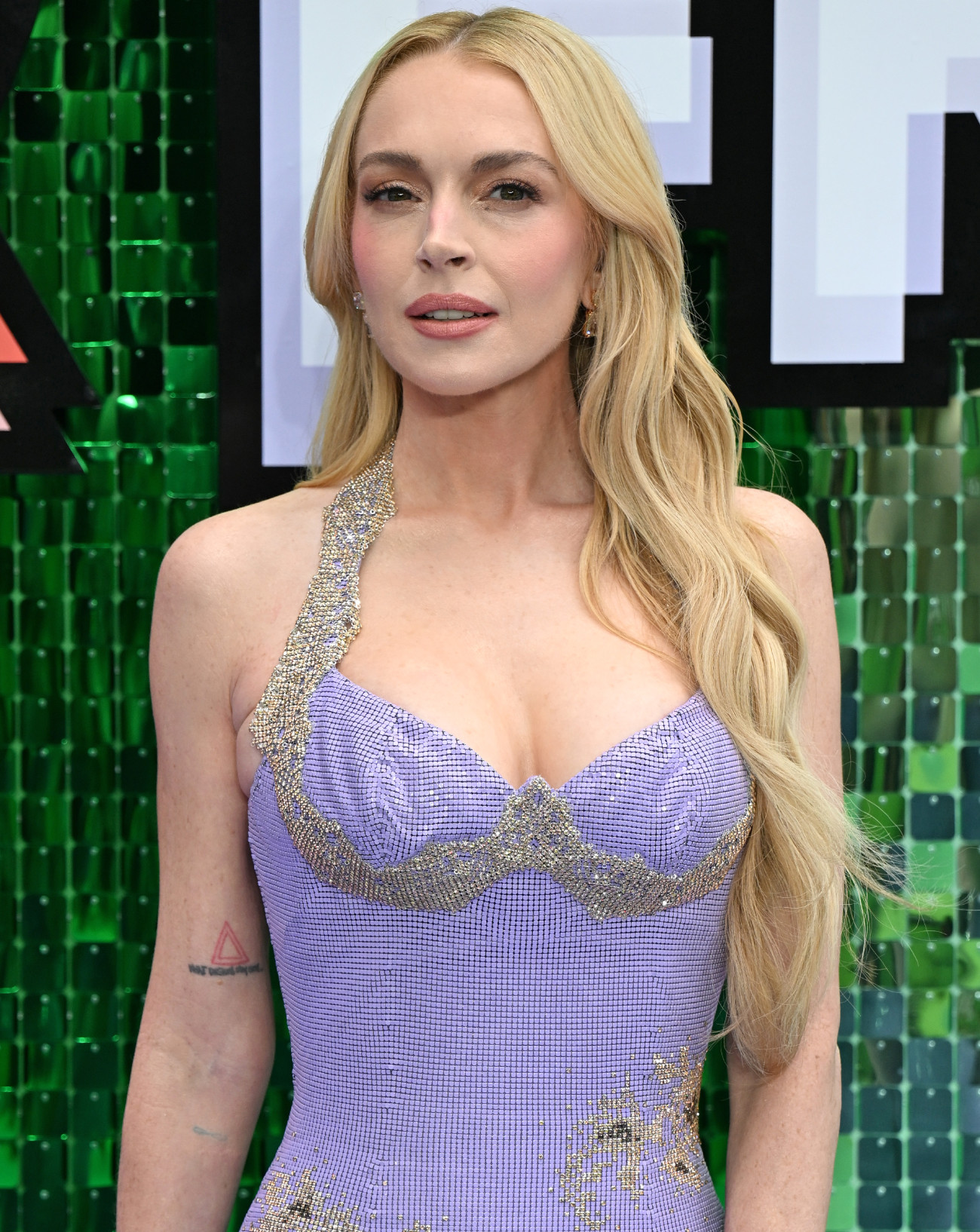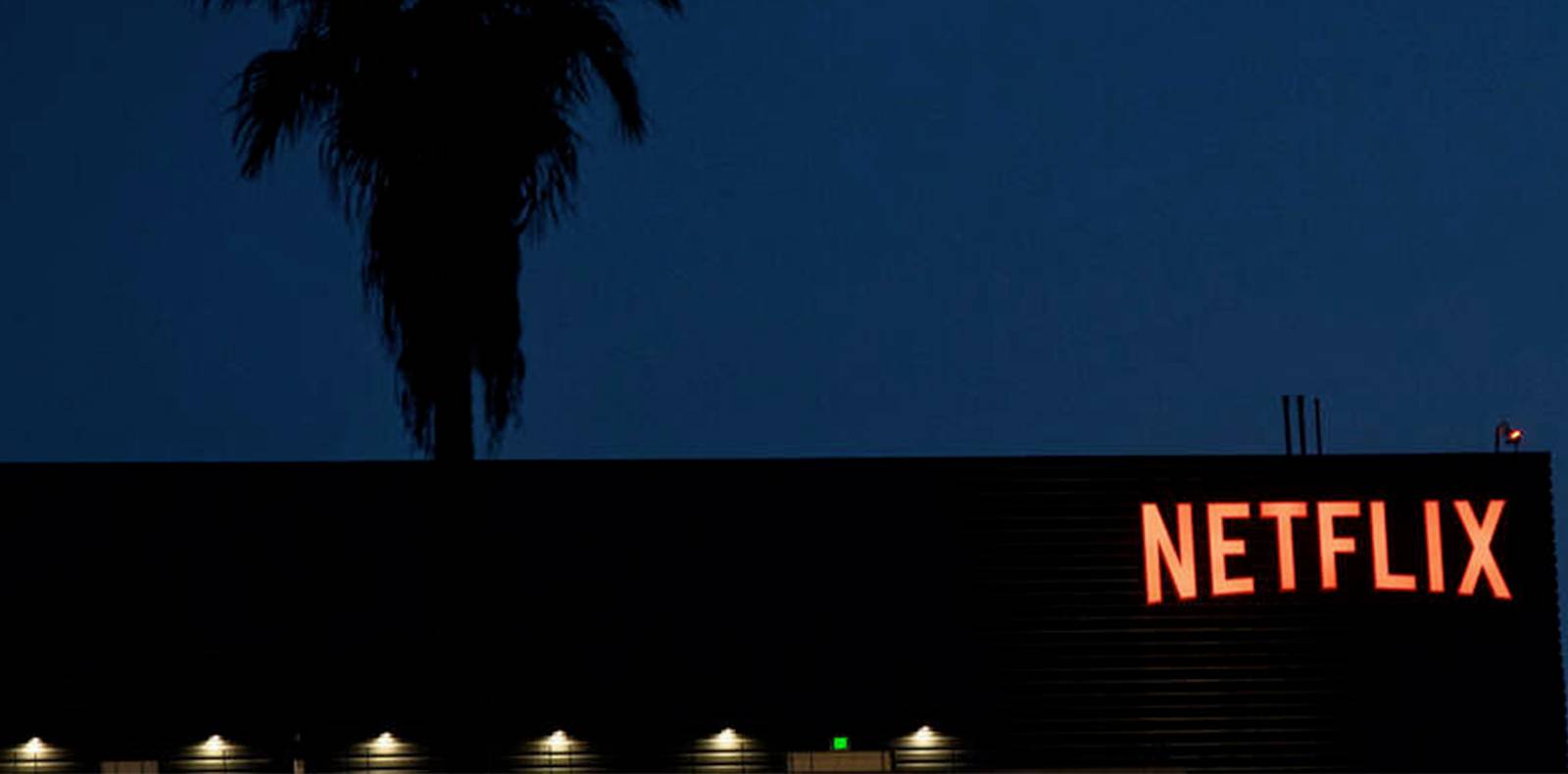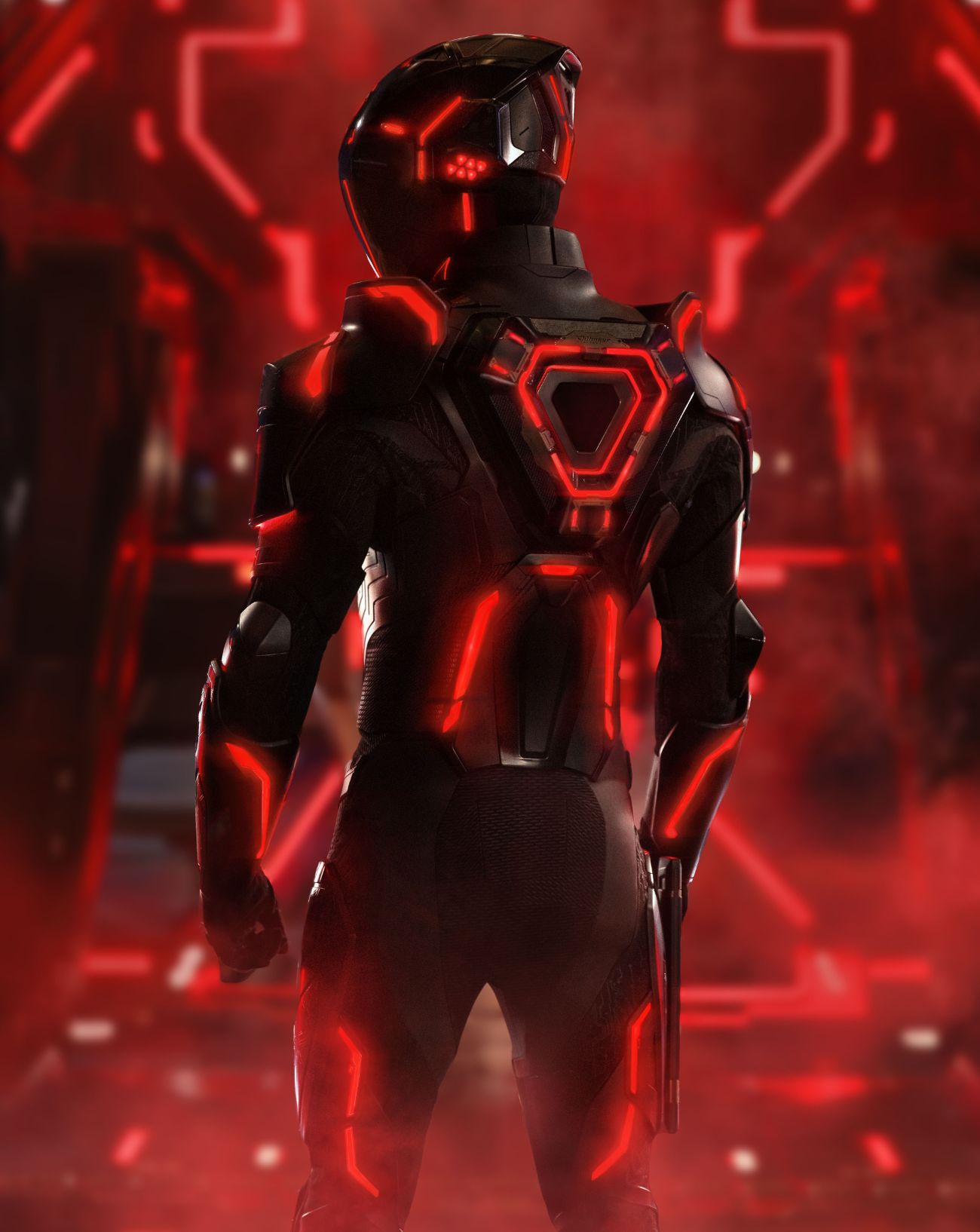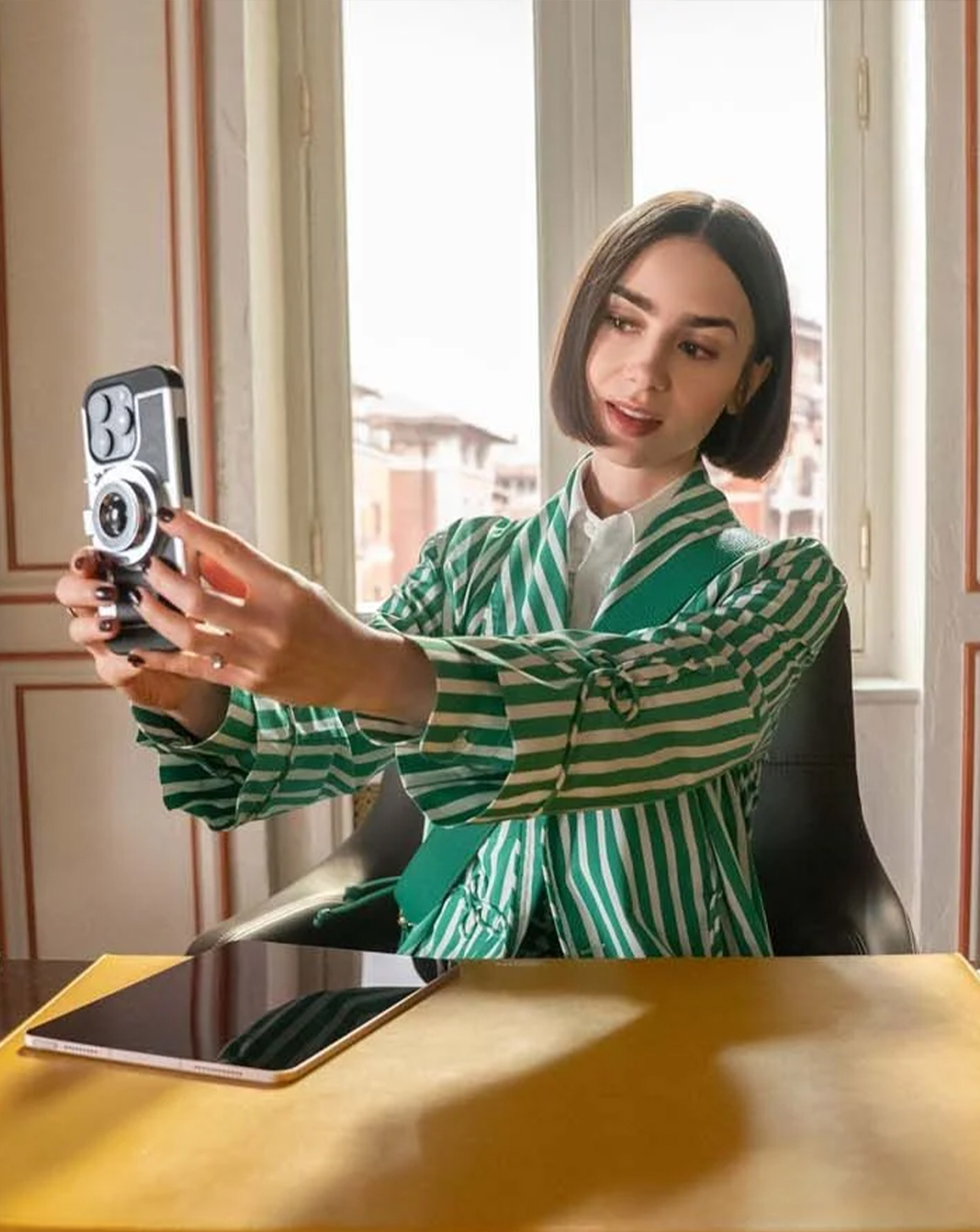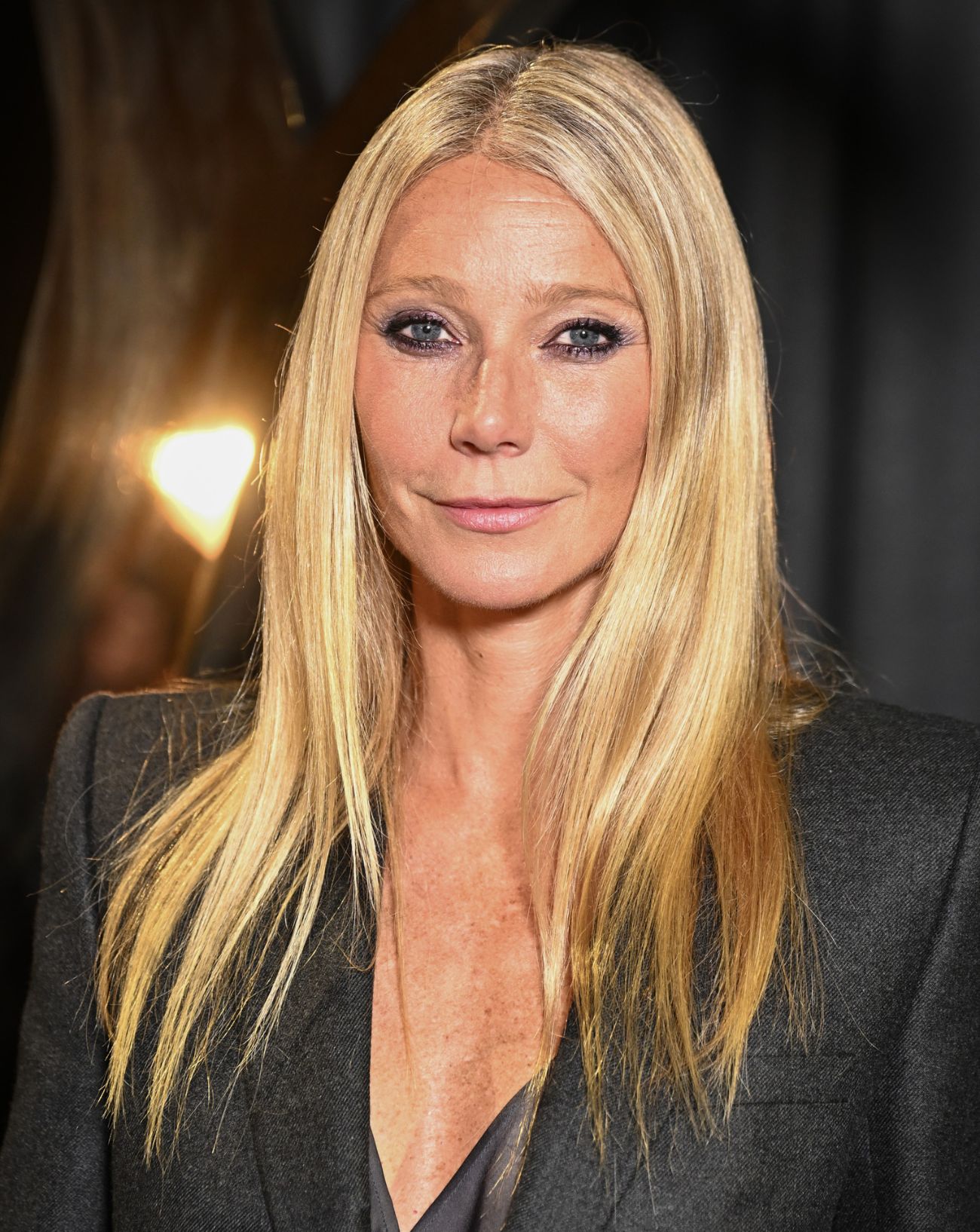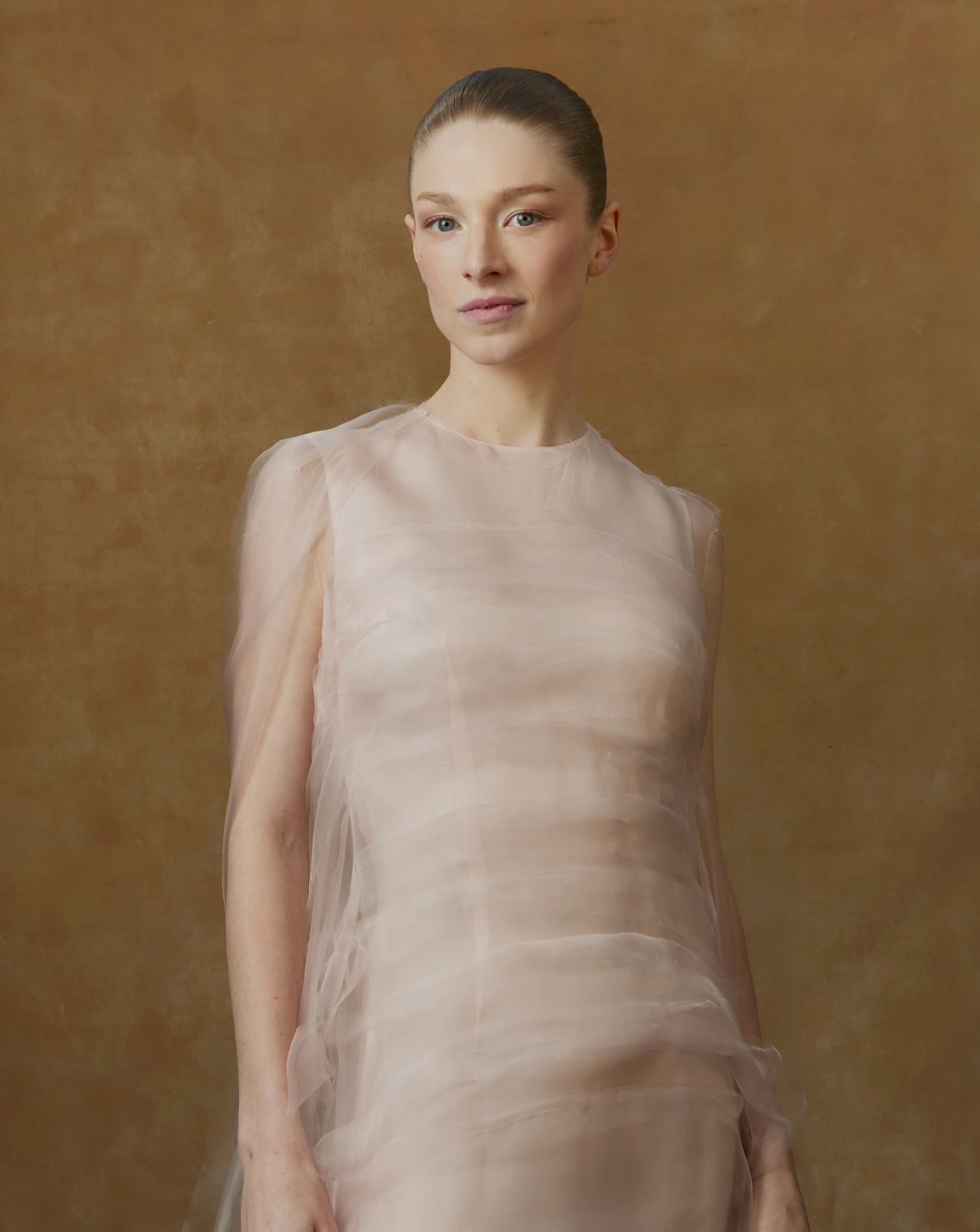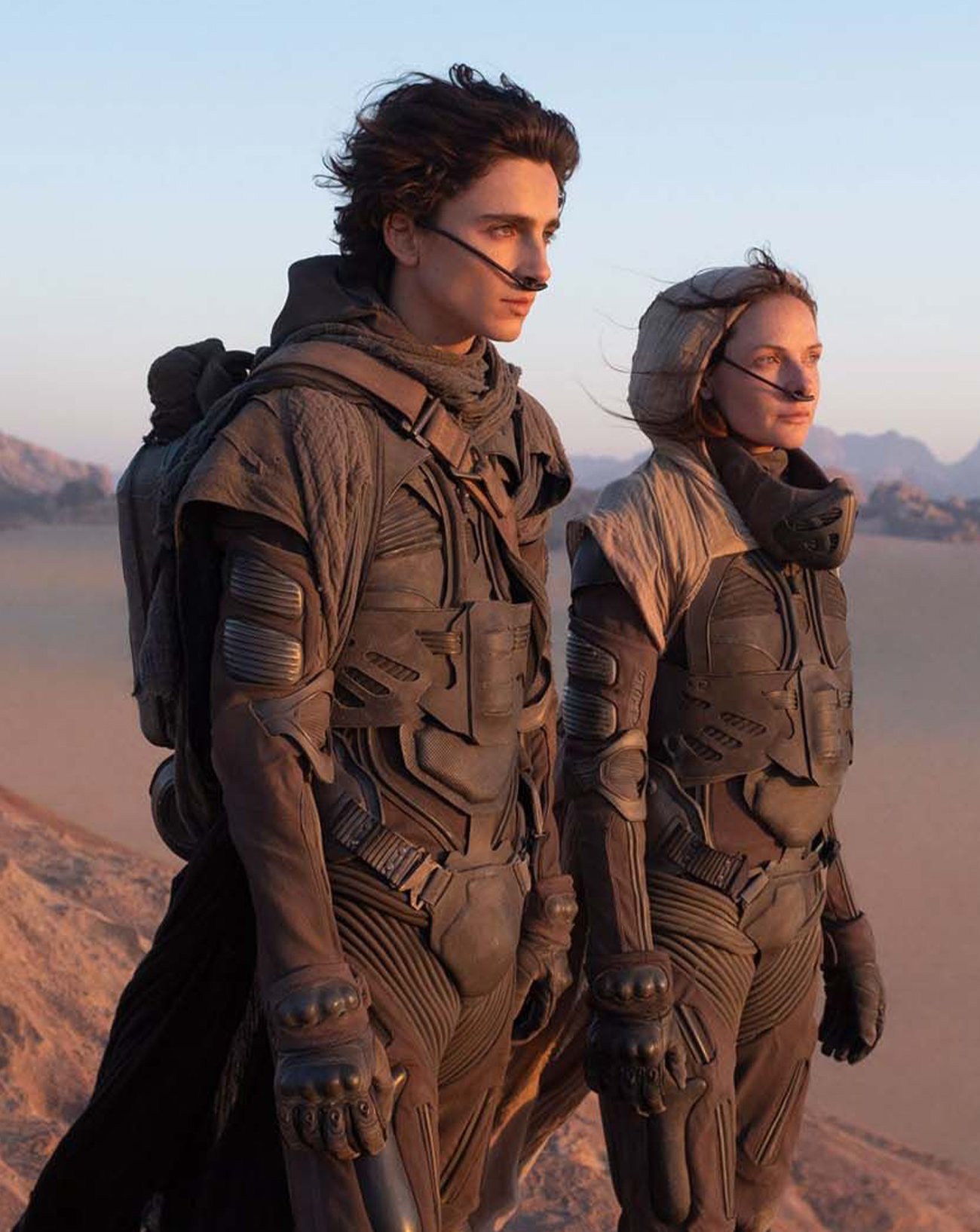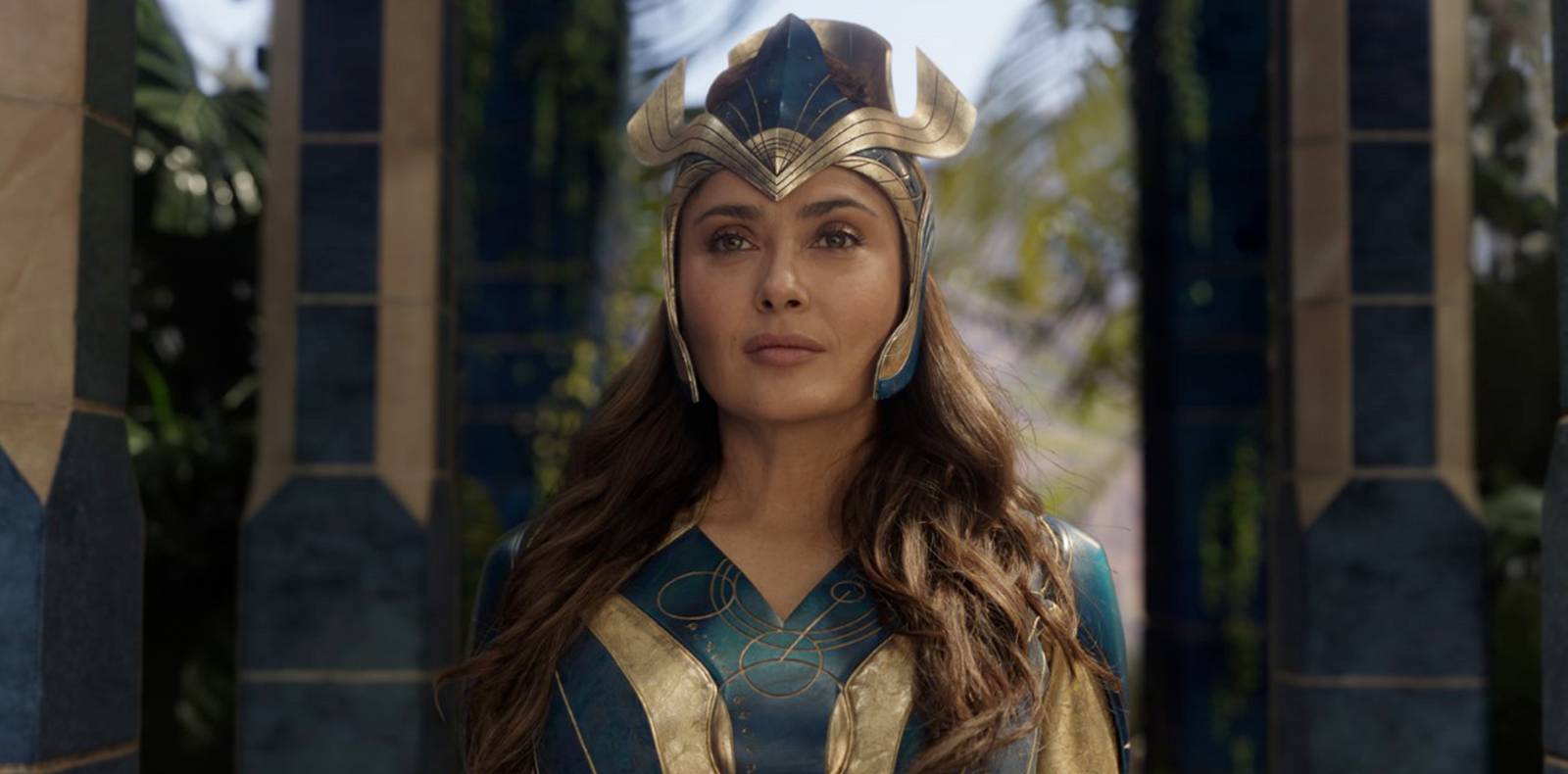
2
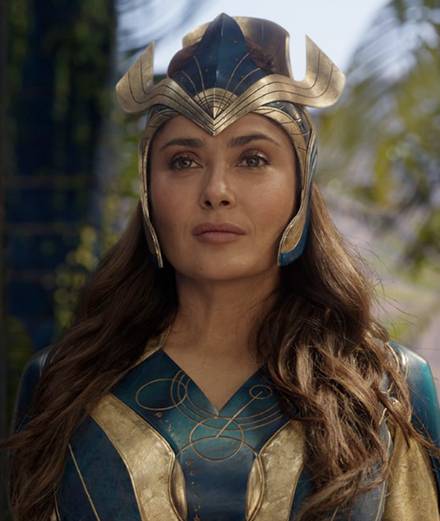
2
Marvel vs. independent cinema: the end of an era?
On April 26, independent filmmaker Chloé Zhao won the Oscar for “Best Director” for Nomadland, two months after completing shooting onEternals, the film she is penning for the Marvel franchise, in cinemas tomorrow. Has the sprawling company succeeded – or failed – in seducing American auteur cinema?
Published on 2 November 2021. Updated on 31 May 2024.
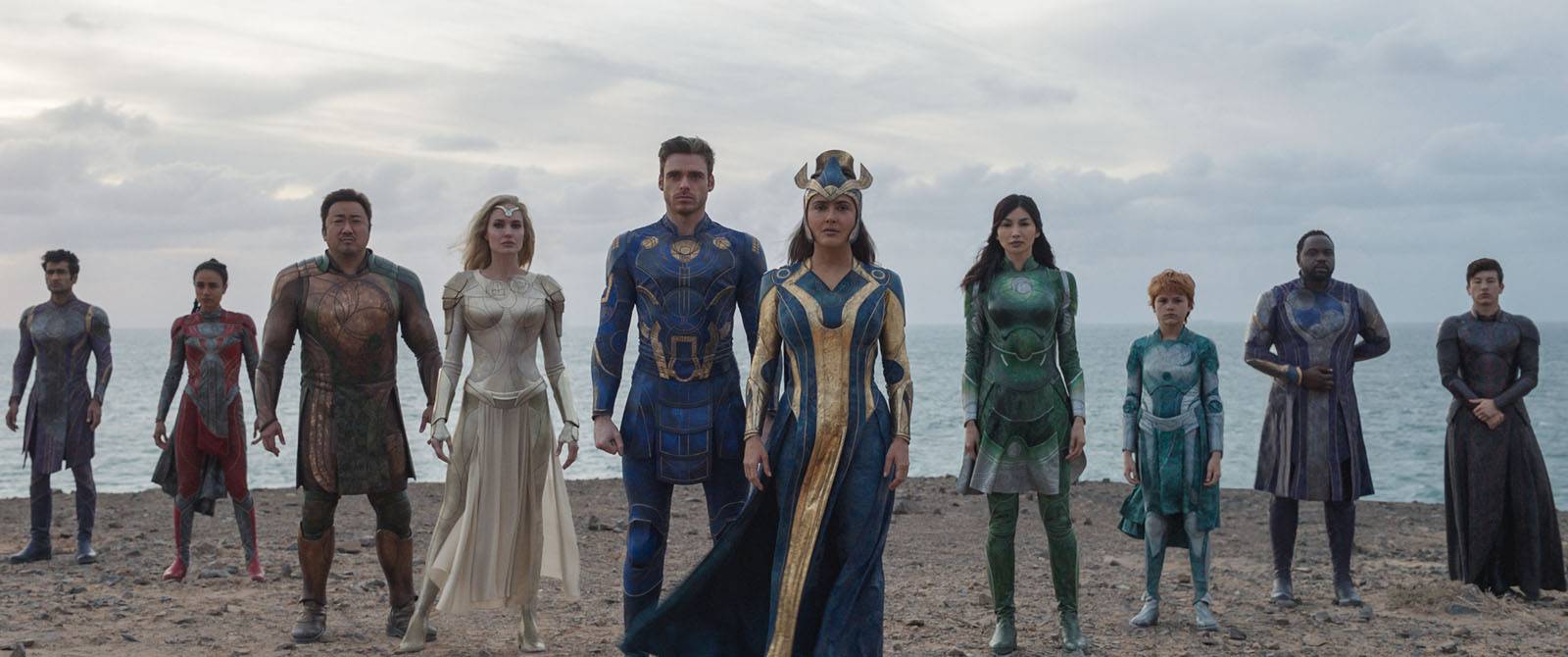
If John Cassavetes and Morris Engel were still alive, they’d probably join the circle of octogenarian filmmakers – led by Coppola, Scorsese and Ken Loach – who repudiate Marvel productions. Or would they succumb, as Hollywood’s fresh meat does, to this kind of extremely well-crafted entertainment where marketing and creation meet brilliantly. Directors, screenwriters, actors… many of the key players in the American independent film industry will be at “pact with the devil“, investing in the world’s best-selling film saga – since its re-launch in 2008, the franchise has grossed over seventeen billion dollars, thanks to its first twenty-one films alone (fromIron Man, released in 2008, to Captain Marvel, released in 2019). Why, then, are some of the promising faces of contemporary cinema joining the Marvel behemoth, participating in what some denounce as the “Marvelization of Hollywood“?
Apart from the obvious financial aspect – Scarlett Johansson, a pillar of the Marvel Cinematic Universe (MCU), was the highest-paid actress in the world, with fifty-six million dollars in 2019 -, we have to go back more than ten years to understand the reasons for this blurring of the boundaries between auteur cinema and the blockbuster machine. In 2005, the company behind Marvel comics (Marvel Entertainment) decided to take charge of adapting the comics itself, rather than selling them as licenses to historic Hollywood studios. It was a risky gamble, but one that strengthened the company’s financial position, enabling it to produce its own films. She focused on little-known characters in the catalog – Doctor Strange, Black Panther and Ant-Man – and when the time came to direct the first feature film in the MCU, she decided to set her sights on Iron Man, which was released in 2008. Even if, at the time – according to director and producer Jon Favreau [to American media outlet Variety] – the future was uncertain and fears immense, the film was a hit. The gigantic bank loan can be repaid, and Marvel sets out on a long-term strategy: to turn the films into monumental triumphs.
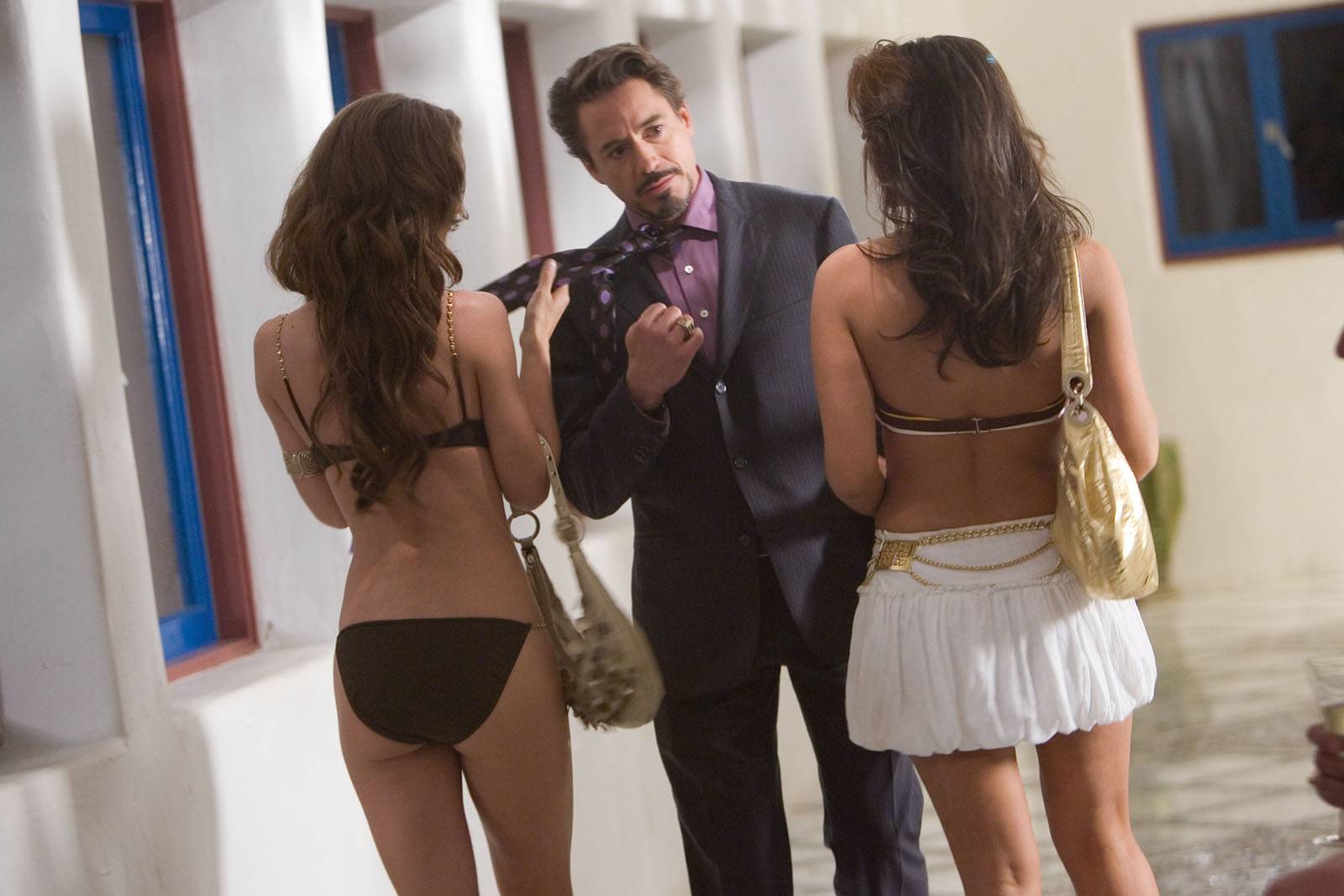
In 2009, Disney bought the company for $4 billion, with CEO Kevin Feige remaining at the helm. Decisive in the franchise’s success, this merger gave birth to a huge marketing war machine. Feige decided to bring superheroes together in the films (a fact already important in the comics, but here even more exacerbated) and developed, with Disney, the concept of a saga where stories are interwoven and characters recur. Cinema is turning into an all-powerful business, where protagonists are created solely to generate goodies – like Rocket the raccoon (Bradley Cooper) or Groot, the ultra-affectionate tree (Vin Diesel), from Guardians of the Galaxy (2014). More rewarding, it became a reflection of American society: from Black Panther (2018), a veritable phenomenon that adds a political dimension to the franchise’s films by featuring a black superhero, at Avengers: Infinity War (2018), where the super-villain Thanos is endowed with an ecological conscience taken to the extreme, considering that the world can only be saved by wiping out half the living beings in the Universe to restore a “balance“by way of the WandaVision series (2021), the first program of its kind in the MCU, x-rays daily life in the American suburbs and examines the impact of historical sitcoms on the masses.
This kind of blockbuster “conscientization” coupled with highly tactical writing – where the film sequence is thought of as an XXL series – has led the Marvel universe into a unique cinematic territory that is no longer quite simple entertainment, but still doesn’t equal the 7th art in its European conception. Described by Martin Scorsese as “theme parks” and scorned by the committed Ken Loach, who compares them to “hamburger productions“, the MCU films have nonetheless gained in complexity over time. Firstly, in terms of technical aspects, since they can boast of producing the best visual effects on the market, and secondly, in terms of their resonance with contemporary issues… While Hollywood sometimes struggles to be representative of society, Marvel evolves with the times and takes the issue head on: in The Infinity Saga, initiated with Iron Man in 2008 and concluded with Avengers: Endgame in 2019, the films feature more and more strong female characters. And let’s not forget the huge success of Black Panther in the black community worldwide, and the success of Shang-Chi, the first Asian superhero film released on September 1 2021.
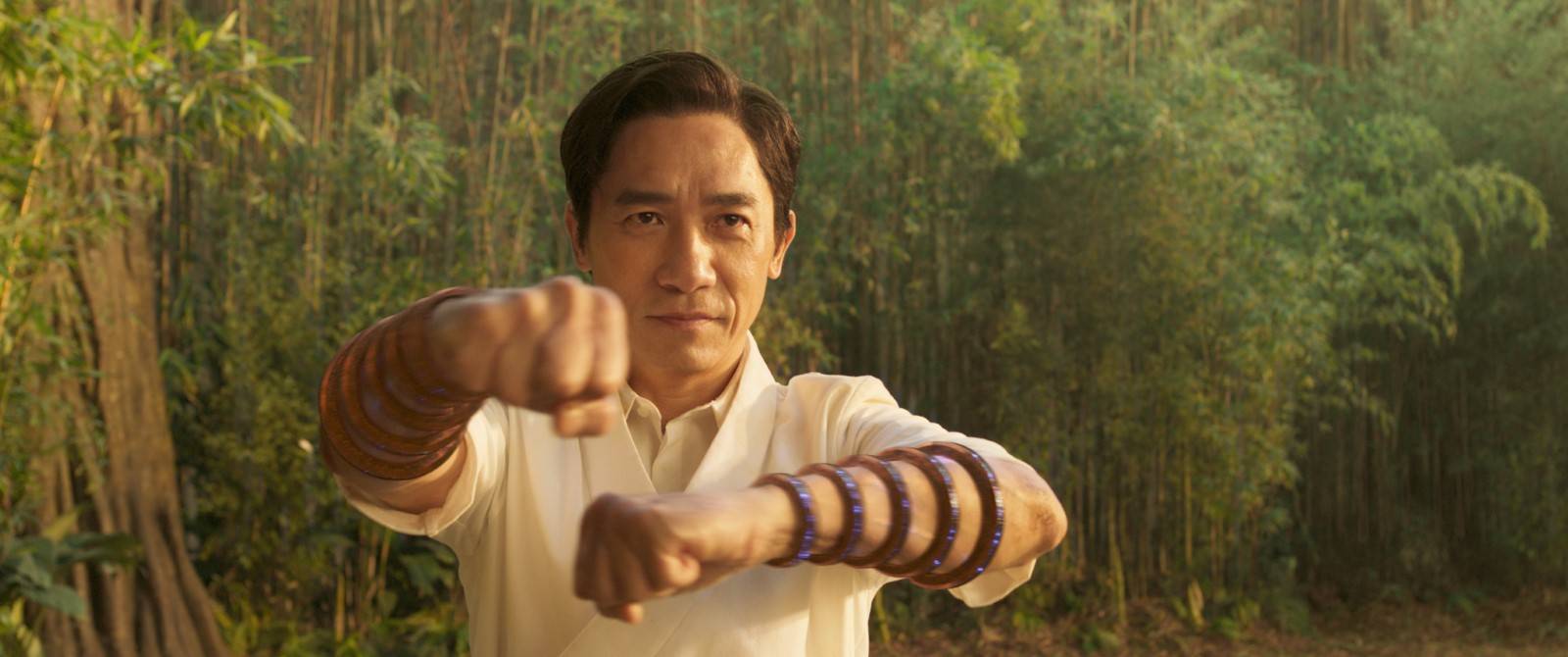
A kind of galaxy in perpetual expansion, the American franchise has even gone so far as to include indie filmmaker Chloé Zhao in its ranks. On April 26, she won the Oscar for “Best Director” for Nomadland, an extremely contemplative film that criticizes American society and denounces its impoverishment. How did she come to oversee Eternals, the latest Marvel production? According to Variety, the Chinese-born director was approached for the project after Kevin Feige saw the first cut of her now multi-award-winning film. The man Ben Affleck describes as “the world’s largest producer“understood just how well Chloé Zhao’s sober, delicate style, like her ability to sublimate the great American outdoors, would be perfectly suited to Marvel’s spectacular visual effects and the story of the Eternals, the creatures involved in the creation of life on Earth. “Because it was a magnificent sunset, with perfect waves and mist rising over this giant cliff – something truly impressive.“he said of Nomadland. The filmmaker, for her part, asserted that she had been perfectly heard by the studio when she wished to “make the film at [sa] way“. As a result, Eternals is the only MCU feature film to feature deaf and gay superheroes.
While writer-directors are accustomed to foraying into various ultra-bankable franchises – like Peter Jackson with Lord of the Rings and, more recently, Jeff Nichols, soon to be at the helm of the third instalment of the saga Without a sound -the number of Marvel models seems to have taken off only in recent years. Chloé Zhao is no less an isolated case than Taika Waititi, whose second feature Boy was presented at Sundance [festival dédié au cinéma indépendant] in 2010. The author of Jojo Rabbit (2019) took it upon himself to demystify the character of Thor, injecting – in Ragnarok (2017) – Although the franchise most often works with filmmakers and screenwriters who are entirely devoted to it, this opening up to independent cinema figures proves Marvel’s determination to fight audience fatigue. And his desire to take an ever-greater share of the cinematic landscape.
Eternals (2021) by Chloé Zhao, with Angelina Jolie, Salma Hayek and Gemma Chan. In cinemas tomorrow.







